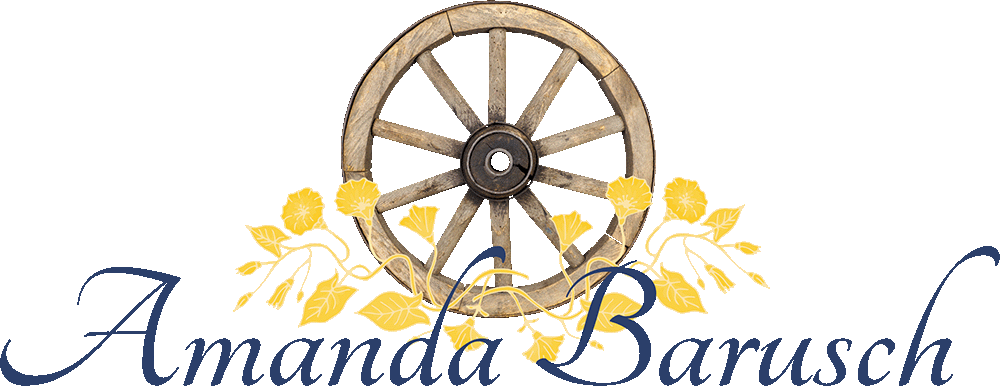Authenticity and Masquerade in Late-Life Identity Development
A colleague sent me a 10-year old article that captured several issues I’ve been grappling with in my research and in my life. One of the great advantages of a career in gerontology is that the two converge as we grow older! The article is quite dense, with fabulous theoretical twists and turns, so the bit that resonated for me might not even be the central thesis from the author’s (or your) perspective.
Here’s what I got: Masquerade is essential and constant throughout the adult life-course, maybe particularly in later life.
Partly we’re forced into it by the isms that surround us as, for instance, when we disguise our sexuality to conform with normative expectations or when we dress or behave in ways considered “age-appropriate.”
Sometimes, masquerade is just a bit of experimentation – a playful trying-on, as it were, of diverse options or “masks.”
But, to the extent that a social (or physical) environment requires us to disguise our true selves, it precludes the development (or at least the expression) of our authentic identities. They really do seem to be plural…
This is no surprise, really.
But it’s interesting to ask ourselves as we navigate our social environments to what extent each setting permits congruent expression of both our surface and our deep selves. We must also consider the cost of our masquerades. When we crossed our eyes at the teacher she used to stay, “Stop that or they’ll get stuck that way!” Might the same thing apply? Might we get stuck in the made-up roles that we play to get by?
For much of my life, I have searched for settings and relationships that permit me to be authentically myself. Sometimes I think I should just “do me” and quit worrying about the setting. But I’m a coward. If only I were stronger, braver, smarter, more sure, I would just BE MYSELF no matter where I was. But, as this article taught me, all social environments demand some kind of masquerade and our duplicity earns us a measure of security, acceptance, maybe even acclaim.
I’d love to hear from you! Are there places where you feel more (or less) free to be yourself? At work? At home? Alone? With certain others?
Here’s the article if you want to check it out: Biggs, S. (1999). The “blurring” of the life-course: Narrative, memory and the question of authenticity. Journal of Aging and Identity,4(4), 209-221.
